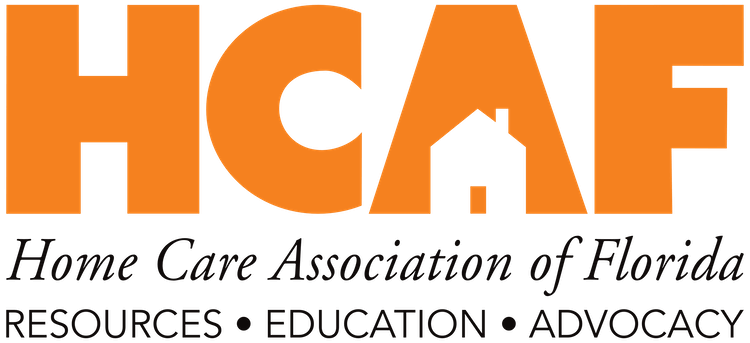North Carolina, Florida Home Health Providers Navigate RCD Changes

North Carolina, Florida Home Health Providers Navigate RCD Changes
North Carolina, Florida Home Health Providers Navigate RCD Changes
By Joyce Famakinwa | March 22, 2022
The U.S. Centers for Medicare & Medicaid Services (CMS) is giving home health providers in North Carolina and Florida time to acclimate to the full implementation of Review Choice Demonstration (RCD).
For providers in North Carolina and Florida, the rollout of RCD has meant keeping an eye out for key changes.
Broadly, the purpose of RCD is to curb improper billing and fraud by home health agencies in certain states.
CMS allows providers in RCD states – Ohio, Illinois, Texas, North Carolina and Florida – to submit claims under the review process of their choosing.
“What occurs is they go through this choice selection period, where they will choose one of the options for review,” Katie Wehri, director of home care and hospice regulatory affairs at National Association for Home Care & Hospice (NAHC), told Home Health Care News. “Then they’re held to that review choice for a certain period of time. After that review period, Palmetto or CMS will calculate their error rate. If 90% of their claims are correctly supported by medical documentation, they can choose minimal review of their record.”
Overall, the choices for claims review include, pre-claim review, post-payment review and minimal review with a 25% payment reduction.
For agencies in North Carolina and Florida, RCD began on Sept. 1. At the time, CMS planned to apply the 25% payment reduction.
That was until NAHC intervened on behalf of providers subject to RCD in those states.
“What CMS intended to do for North Carolina and Florida in 2021, when they went to mandatory implementation, was just start that 25% reduction,” Wehri said. “NAHC advocated for the agencies. We went back to CMS and said, ‘Wait a minute, we have a lot of agencies here who did not participate voluntarily. They are going to have a learning curve with this. Why would they not be afforded the same opportunity other states had?’”
CMS obliged, allowing at least a 90-day period from the full implementation date before applying the 25% payment reduction.
In fact, CMS announced that for North Carolina and Florida providers subject to RCD, the 25% payment reduction will be implemented for all claims submitted on or after April 1, 2022.
This applies to providers that chose pre-claim review or minimal review with a 25% payment reduction.
NAHC was not alone in its advocacy. The organization’s efforts were a joint one that included outreach to CMS from the Association for Home & Hospice Care of North Carolina (AHHC-NC) and the Home Care Association of Florida.
“It was Bobby [Lolley] and myself – while working with Bill [Dombi] – that got on the horn with CMS,” Tim Rogers, president and CEO of AHHC-NC, told HHCN. “Bill used Bobby and myself as direct examples of what our associations were going through. I’ve been in this industry for 30 years now. I know that it takes a lot of muscle and a lot of knowledge to get things done.”
AHHC-NC is a nonprofit trade organization that represents roughly 800 home health, hospice, palliative care, personal care and private-duty nursing providers in the state.
Though this is a victory for many providers, Shannon Mintz, vice president of home health and regulatory affairs at AHHC-NC, believes many North Carolina home health agencies won’t see much of an impact.
“We have no providers, currently, that are signed up for [minimal review with 25% payment reduction],” she said. “That means, as they’ve learned and grown, they’ve chosen either [pre-claim review] or [post-payment review]. The 25% reduction should not be a huge concern.”
In comparison to other states subject to RCD, North Carolina is the smallest of the five, in terms of Medicare-certified home health providers, according to Rogers.
This is one of the reasons providers in North Carolina were initially surprised to be included as one of the five RCD states. However, after this sunk in, AHHC-NC made preparing agencies for RCD top of mind.
“We were chosen in the mix, and therefore we had to get ready, so we rolled up our sleeves,” Rogers said. “We went to work immediately, learning from Illinois, Texas and other states that were going through this. I credit my fellow executives and agencies in those states for sharing information. That helped us a lot and we developed a rigorous plan of education in all forms of media. Our agencies took advantage of that.”
This preparation is why Rogers believes few agencies in the state chose the minimal review with a 25% payment reduction option.
“When we first heard about RCD, all the states were very concerned,” he said. “The product of getting our members prepared is what you see right now.”

